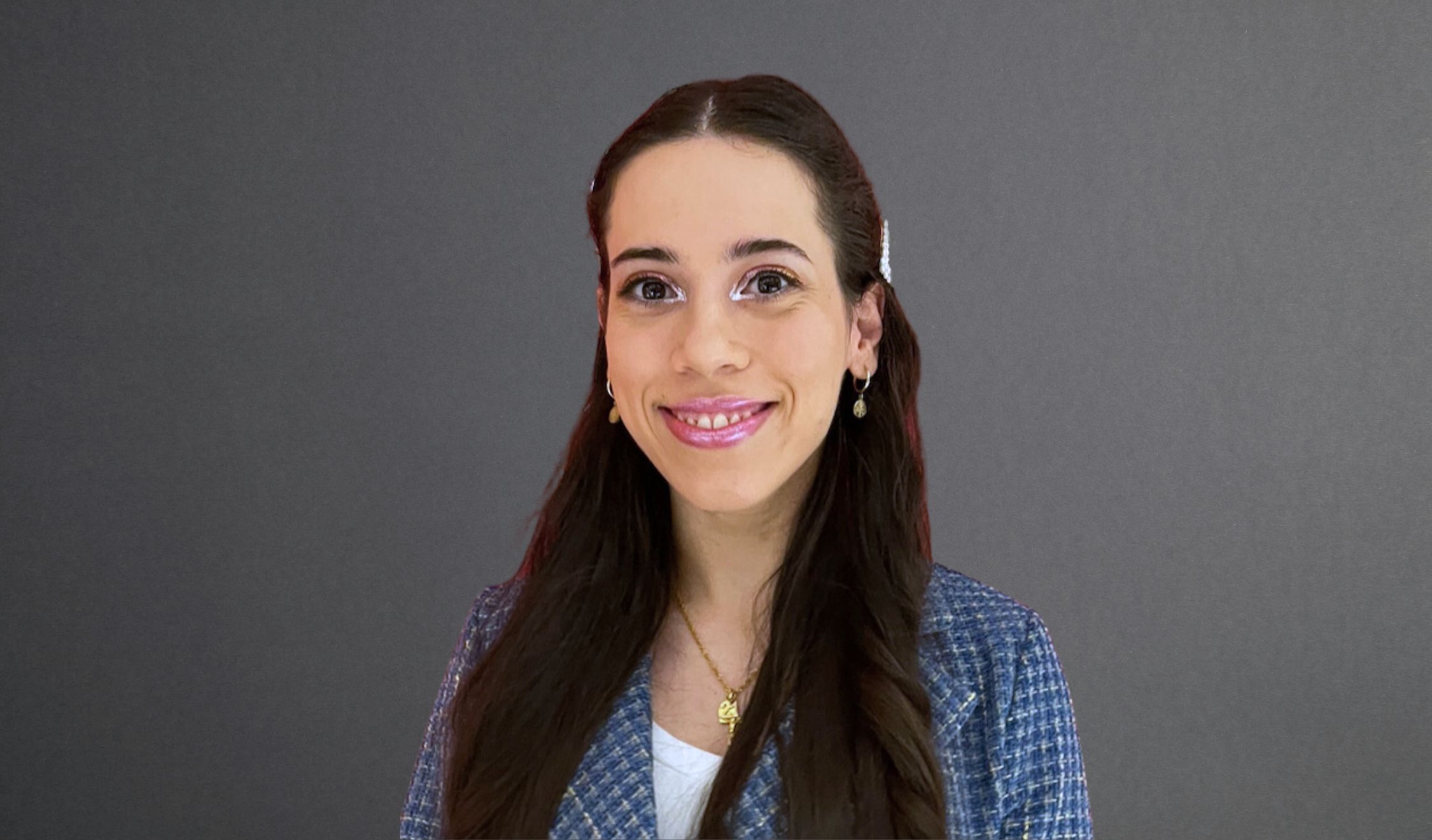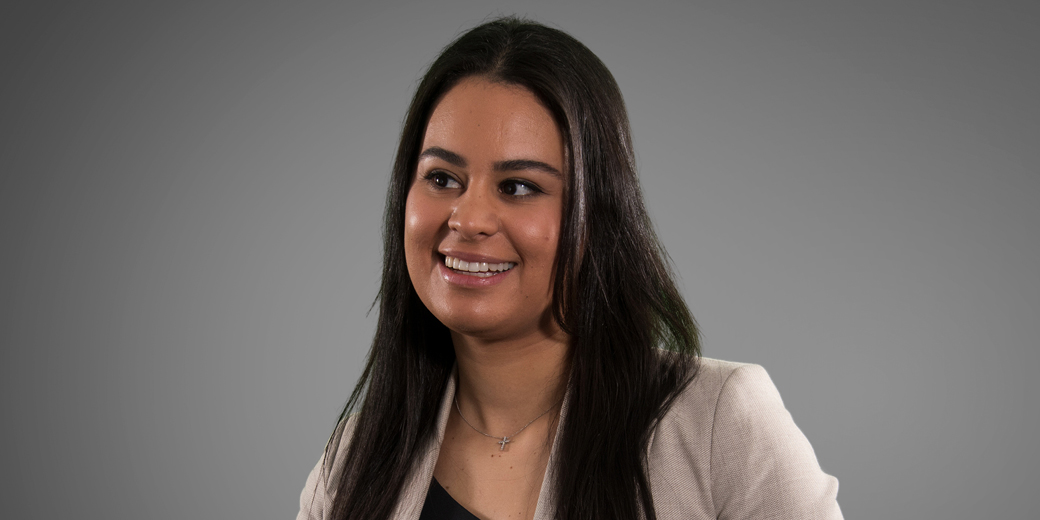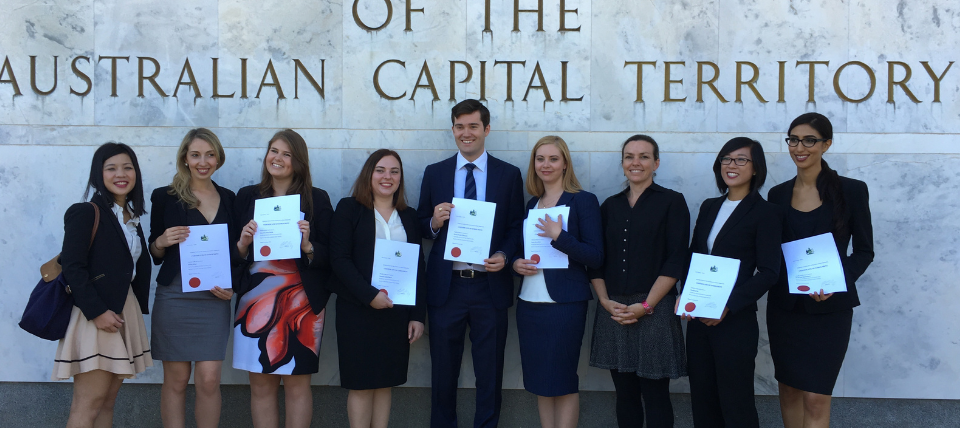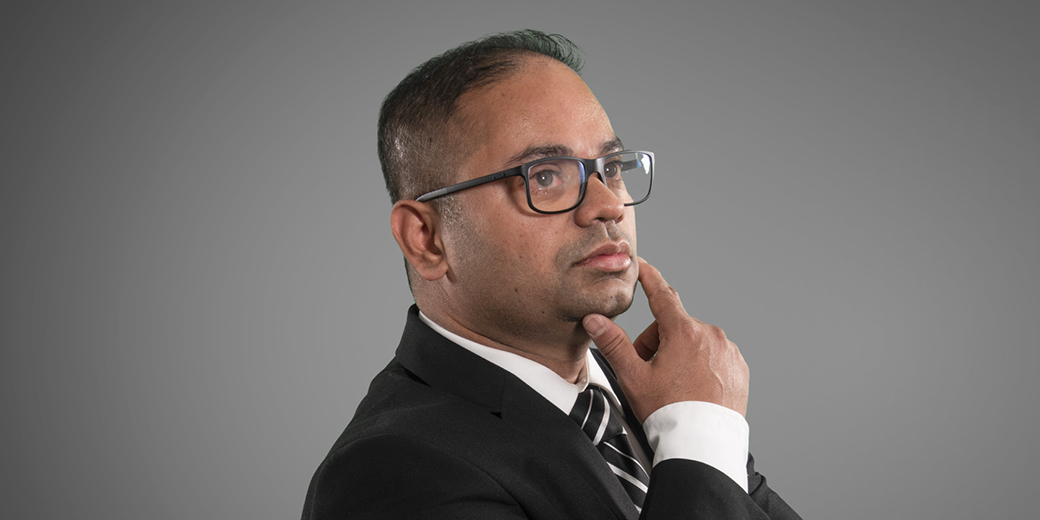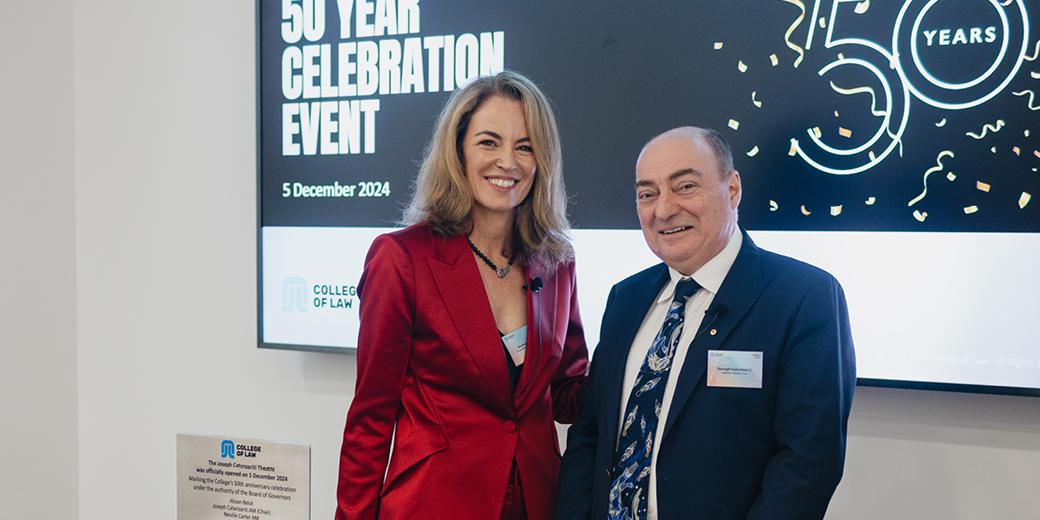What is Practical Legal Training?
Practical Legal Training (PLT) is an acronym known to almost no-one until you are already doing Practical Legal Training.
However, as an acronym, it’s right up there with ‘Cth’, ‘LLB’, ‘JD’ and ‘Esq’ (an honorific American attorneys are fond of going by, a throwback to English titles) in its importance. Much like the last 6 miles of a marathon, PLT is the final run you need to become a practising lawyer. You know - the court-appearing, contract-preparing, law-talking kind.
PLT is a structured training program designed to help you develop the practical, day-to-day skills you will need as an entry-level lawyer.
Completion of a PLT program is the second essential step to being admitted as a lawyer – the first being your law degree.
After completing your PLT, you will be awarded a Graduate Diploma of Legal Practice (GDLP). This means you will be eligible to apply for admission as a legal practitioner in your state or territory.
Why do I have to do Practical Legal Training?
A Bachelor of Laws or Juris Doctor gives you the theoretical understanding of the law, but that's just part of what you need to become a lawyer in Australia.
The Law Admissions Consultative Committee (LACC) requires you to complete PLT with an accredited provider like The College of Law to become a lawyer. This training ensures you know how to apply your legal knowledge in real-life situations.
The PLT program follows covers three main areas: skills, practice areas and values. These are set by LACC and the Australasian Professional Legal Education Council (APLEC) to ensure your fully prepared to start your legal career.
|
Skills |
Practice Areas |
Values |
|
Compulsory
Optional
|
|
What does PLT involve?
PLT is all about you developing the practical skills and knowledge you will need to practice as a junior lawyer.
It is a combination of the study of subjects which help you learn the nuts and bolts of working in a firm or organisation as a professional lawyer and work experience under an approved senior practitioner. There are three components to Practical Legal Training:
- PLT coursework
- PLT work experience
- Continuing Professional Education.
PLT Coursework involves the study of compulsory subjects, which includes:
- Civil Litigation Practice
- Commercial & Corporate Practice
- Property Practice
- Lawyer’s Skills
- Ethics and Professional Responsibility
In addition, you will need to complete two electives. You can choose from electives in Administrative, Banking & Finance, Criminal, Consumer, Employment and Industrial Relations, Family, Planning & Environmental Law and Will & Estates Practice.
While these subjects may all sound rather familiar, the substance of what you study is quite different – it’s skills-focused. For example, you will learn:
- Drafting and filing affidavits, interlocutory injunctions and statements of claim
- Court mentions and appearances
- Interviewing clients and witnesses
- Drafting letters of advice for clients
- Negotiating on behalf of clients
- Managing client files.
When should I do Practical Legal Training?
Usually after you finish your law degree, but the Early Commencement Rule means you can start once you have completed all your Priestley 11 core subjects with only 2 electives remaining on your law degree (or equivalent).
To start your Practical Legal Training early, you will need to seek approval from the admitting authority in the state you wish to be admitted to practise.
How long is Practical Legal Training?
Full-time: 15 weeks.
Part-time: 30 weeks.
What is the difference between Practical Legal Training (PLT) and the Graduate Diploma of Legal Practice (GDLP)?
Practical Legal Training and the Graduate Diploma of Legal Practice are essentially the same thing.
When you finish your PLT, you get a Graduate Diploma of Legal Practice qualification.
Both are about the training you need after your law degree to become a practicing lawyer.
Sometimes people call it by the course name (Practical Legal Training), and other times the qualification you receive (Graduate Diploma of Legal Practice).
So, whether you hear PLT or GDLP, you're on the right track for your legal journey!
WANT TO DIVE DIVE DEEPER INTO PLT?
You’ve got the basics, now see how it all works at the College of Law. Explore course options, what and how you'll learn, work experience info, and how to get started.


















